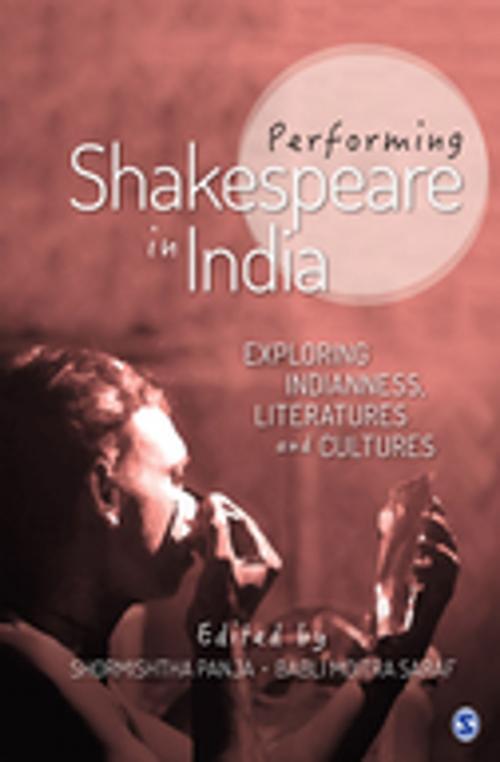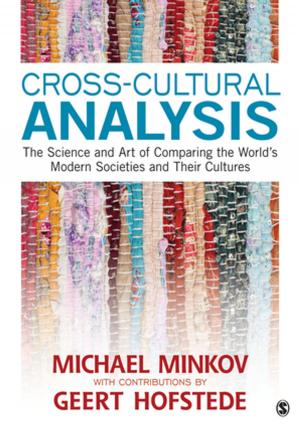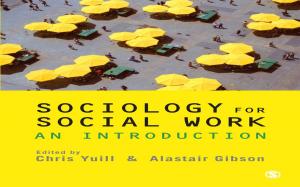Performing Shakespeare in India
Exploring Indianness, Literatures and Cultures
Business & Finance, Industries & Professions, Industries, Nonfiction, History| Author: | ISBN: | 9789351509738 | |
| Publisher: | SAGE Publications | Publication: | July 18, 2016 |
| Imprint: | Sage Publications Pvt. Ltd | Language: | English |
| Author: | |
| ISBN: | 9789351509738 |
| Publisher: | SAGE Publications |
| Publication: | July 18, 2016 |
| Imprint: | Sage Publications Pvt. Ltd |
| Language: | English |
An adaptation of Shakespeare’s plays as a basis of critical exploration of identity formation in India.
Even while a conscious dismantling of colonization was happening since the 19th century, the Indian literati, intellectuals, scholars and dramaturges were engaged in deconstructing the ultimate icon of colonial presence—Shakespeare. This book delves into what constitutes Indianness in the postcolonial context by looking into the text and sub-text of the Bard of Avon’s plays adapted in visual culture, translation, stage performance and cinema.
The book is an important intervention in the ongoing explorations in social and cultural history, as it explores how Shakespeare has impacted the emergence of regional identities around questions of language and linguistic empowerment in various ways. It reveals an extraordinary negotiation of colonial and postcolonial identity issues—be it in language, in social and cultural practices or in art forms.
An adaptation of Shakespeare’s plays as a basis of critical exploration of identity formation in India.
Even while a conscious dismantling of colonization was happening since the 19th century, the Indian literati, intellectuals, scholars and dramaturges were engaged in deconstructing the ultimate icon of colonial presence—Shakespeare. This book delves into what constitutes Indianness in the postcolonial context by looking into the text and sub-text of the Bard of Avon’s plays adapted in visual culture, translation, stage performance and cinema.
The book is an important intervention in the ongoing explorations in social and cultural history, as it explores how Shakespeare has impacted the emergence of regional identities around questions of language and linguistic empowerment in various ways. It reveals an extraordinary negotiation of colonial and postcolonial identity issues—be it in language, in social and cultural practices or in art forms.















